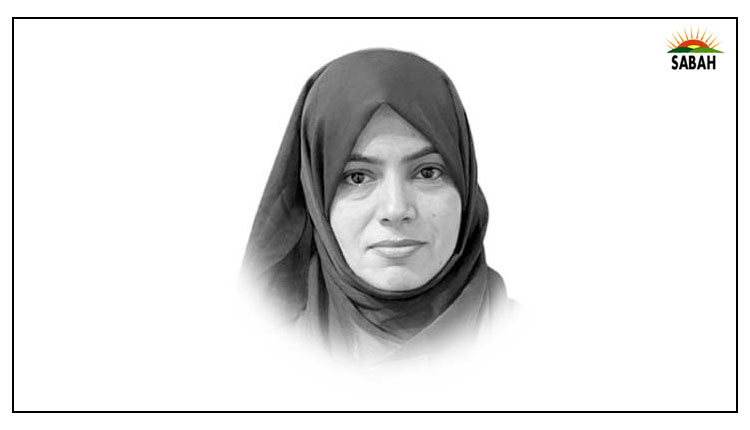‘Four global threats to humanity’…Saira Samo
Noam Chomsky once addressed a virtual audience at a private university in Karachi, shedding light on what he perceives as four imminent and dire threats to humanity. In his thought-provoking lecture, Chomsky articulated these threats, each of which he believes has the potential to cause catastrophic repercussions on a global scale.
Foremost among these threats is the specter of nuclear conflict, a menace that has loomed over humanity since the development of atomic weaponry. Chomsky pointed out that the escalating tensions between nuclear-armed nations like Pakistan and India pose a significant risk. A military clash between these nations could result in unparalleled destruction, impacting not only the regions directly involved but potentially sending shockwaves across the entire globe.
He then highlighted the perilous state of the environment as the second major threat facing humanity. In particular, he underscored the ongoing degradation in South Asia, which has led to devastating consequences such as recurrent flash floods in Pakistan. These calamities, Chomsky emphasised, are not isolated incidents but rather manifestations of a broader environmental crisis that demands urgent attention from the global community.
The erosion of democratic values emerged as the third threat in Chomsky’s analysis. He pointed to concerning instances of leaders who exhibit fascist tendencies, undermining the very principles upon which democracy is built. He cited Indian PM Narendra Modi as a case in point, referring to the alleged deprivation of rights for Muslims in occupied Kashmir. Similarly, Chomsky expressed concern about the rise of populism in the US, exemplified by the “America first” ideology championed by former President Donald Trump. He noted that such populist approaches risk weakening the foundations of social and liberal democratic values, imperiling the essence of democracy itself.
Chomsky identified the Covid-19 pandemic as the fourth threat. He suggested that compared to the previous three threats, the pandemic can be more effectively managed through precautionary measures and widespread vaccination efforts. This assertion highlights the resilience of humanity in the face of a biological challenge, contrasting it with the more ominous and complex threats of nuclear conflict, environmental degradation and erosion of democratic norms.
Drawing these threads together, Chomsky issued a stark warning: the convergence of nuclear brinkmanship, populist ideologies and environmental degradation could potentially culminate in the permanent devastation of humanity, transcending faith and nationality. His call for vigilance, both from world leaders and the global populace, underscored the critical importance of heeding the insights of thinkers like Chomsky.
In a broader perspective, Chomsky’s discourse underlined the pressing need for a shift in priorities, advocating for a collective focus on safeguarding the future of our planet. He advocated for a more holistic approach to governance and leadership that transcends nationalistic agendas and places the well-being of all people at its core. Without such a shift, Chomsky warned, the world’s habitability hangs in the balance.
These interwoven issues pose significant obstacles to the country’s development and stability. Urgent and comprehensive actions are needed to address these multifarious crises, including climate strategies, political dialogue, healthcare systems and social cohesion to counter radicalisation.
Chomsky’s lecture at a private university in Karachi painted a sobering picture of the grave challenges confronting humanity. His insights into the perils of nuclear conflict, environmental degradation, erosion of democratic values and the Covid-19 pandemic served as a clarion call for global awareness and immediate action. Chomsky’s words emphasised the vital role of intellectuals and leaders who prioritise the preservation of humanity above all else. In a world fraught with complex challenges, his message serves as a potent reminder that the trajectory of our shared future rests in the hands of those who choose to prioritise the welfare of all.
Courtesy The Express Tribune, October 23rd, 2023.












